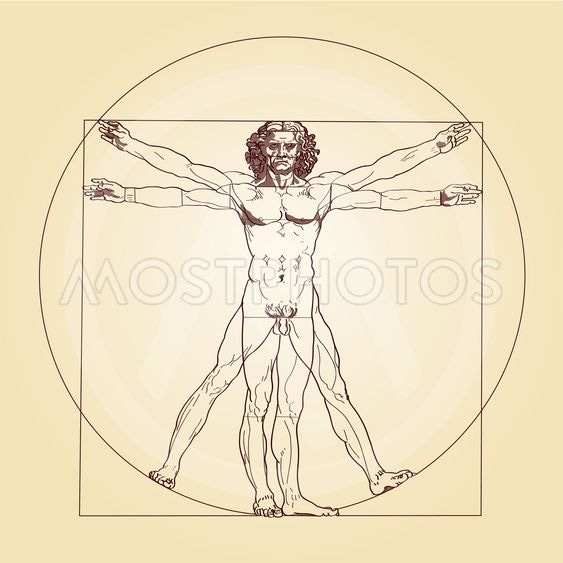The Foundations of Life-Craft
A holistic path to live a deeper life
We all have people who we want to emulate. A chess buff would have wished they had the acumen of Vishwanathan Anand. An innovator would wish they had the genius of Steve Jobs. An academic would have wished they had the prowess of Niklas Luhmann. An actor, Shabana Azmi. An athlete, P.T. Usha.
But often, and sadly, these prodigies, are renowned only for what they do best. There are other sides to their life which lack the same luster. And that happens to the best of people. As someone once said, 'the best of people are people at best'.
As one considers crafting life, and I operate under the assumption that there is more to this life, there is no better place to start than the basics. A firm grounding in the foundations would necessarily have to consider life as a whole. Such a rooting would germinate a fully formed individual who would contribute to the welfare of those around them.
But what are those foundations of human existence? Though there are many ways to tackle that question, as the sages of various religious orders have attempted in the past, the path I have chosen is simpler than most. Perhaps, a bit too obvious.
The key is in identifying the most universal and primal life features of the modern human species called homo sapiens.
As I work through this, I am also sensitive to the fact that many in the species suffer from their inability to fulfill what could otherwise be termed normative. These humans have been born in ways that are different from the ‘norm’ but are nevertheless complete. In other words, one does not need to tick all the boxes to be considered a human worthy of full dignity, which every species member deserves.
The easiest way to identify these universal features is by scrutinizing one's own life. If there are some very basic aspects to one's own human existence, chances are it might have been the same in 455 BCE in some corner of Sub-Saharan Africa and in modern day Tokyo, Japan.
At a bare minimum, humans breathe, eat/drink, move, cognize, relate, sense, emote, rest/reset, create. and are capable of a deep awareness. Awareness is the ability to just be conscious of what arises in consciousness even before it is interpreted as experience or thought. These are foundational features of primal life which need to be cultivated.
Most of these are external facing features—that which is easily observable. It's easier to understand what is more observable and thus undisputed. The inner world, though easily drawn into debates and controversies, must be attended to zealously yet with care.
It is important to remember that none of these are decoupled features but are entangled and inter-informed. Each feature is a function of the others. For example, if one sleeps only for two hours over two days consecutively, by the third day their appetite would have sunk, energy levels to move would have been depleted, and cognitive capabilities incapacitated. The primal features are each interconnected and inter-energized as they are within one human being. They are primal life features within an undivided human being.
Also, harmonizing each of them matter. In other words, eating too much or too little has a bearing on the quality of one's life. Moving too much or too little has a similar effect too. Each needs to be sufficiently regulated in relation to the other features in a dependent manner. That is where wisdom lies.
Mere knowledge and desire to enhance them would be insufficient. To build and synthesize, one would need to also develop scaffolding disciplines too—an askēsis. They help erect a sturdy and dependable foundation for evolving and fulfilling the fullest potential that each person is capable of.
Cultivating the primal life-features and scaffolding disciplines, together, constitute the foundations of life-craft. Once a person progressively learns to effectively and harmoniously breath, eat/drink, move, cognize, sense, relate, emote, rest/reset, create, and be aware in a holistic manner, they would have a robust foundation to build on and, thus, live more fully.




